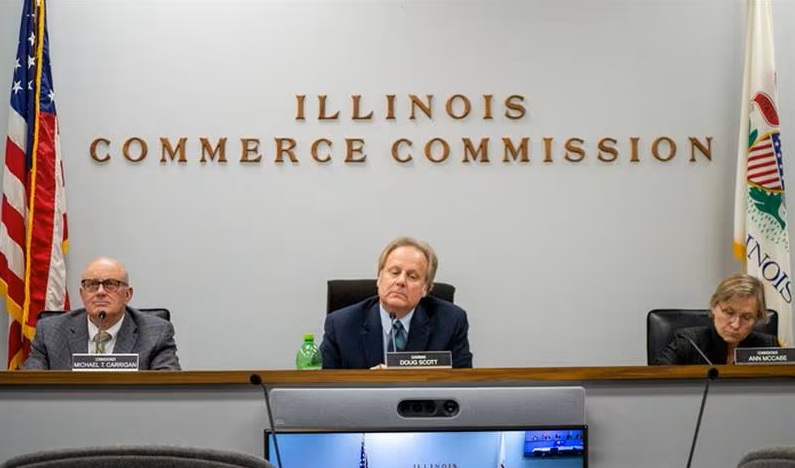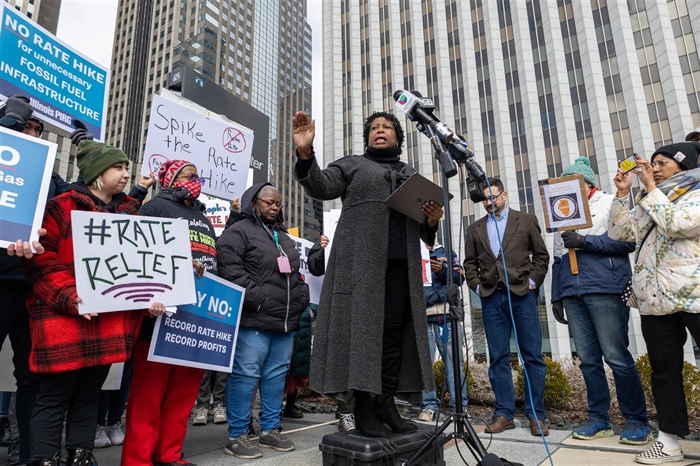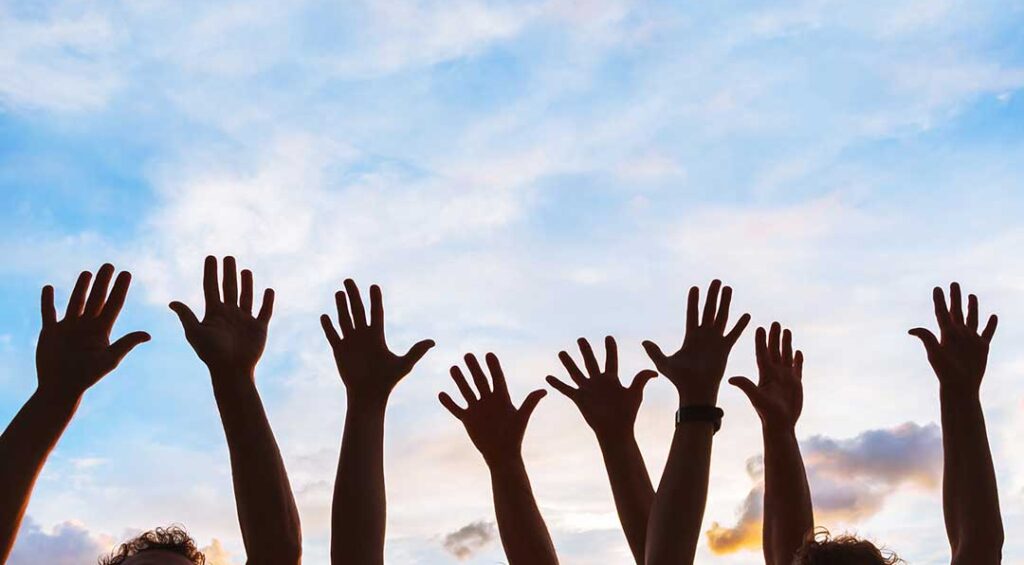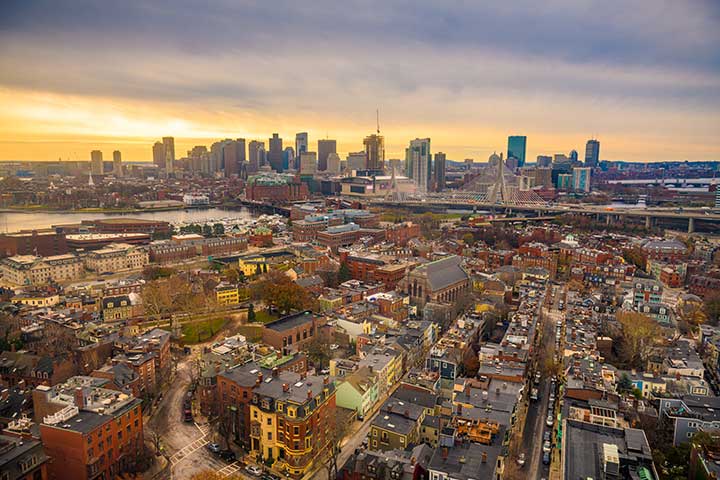Based on the peer-reviewed journal article, Characterizing vulnerabilities to climate change across the United States, a dashboard and an interactive map of the U.S. designed by Darkhorse Analytics, the CVI allows users to search by location and view their overall climate vulnerability and the conditions that shape it – from quality of housing and access to supermarkets to proximity to toxic waste sites and number of deaths from air pollution. For example, census tracts in Houston’s Settegast community rank in the 99th percentile for overall vulnerability. The CVI shows what is driving vulnerability, including low chronic disease prevention, high exposure to harmful pollutants like soot and inadequate access to fresh, nutritious food.
Pulling in 184 sets of data to rank more than 70,000 U.S. Census tracts, the U.S. Climate Vulnerability Index helps users see which communities face the greatest challenges from the impacts of a changing climate. This tool shows what factors are driving the challenges, so policymakers and communities themselves can take action to build climate resilience where it is needed most.
You can interact with the map by:
- Searching for a location
- Zooming and panning across different areas
- Clicking on a location for more details
- Adjusting the map scale filter to focus on higher vulnerability locations
Searching for Energy, the CVI map shows the sources, availability, and affodability of energy in every U.S. census tract. Zooming in on the Chicago area, for example, shows that some census tracts, such as South Side, are ranked as having the “highest vulnerability” rating, in the 95-99 percentile compared with other locations across the country. Other locations in Chicago are much less vulnerable, ranking as low as 18th percentile in terms of energy vulnerabiilty.







